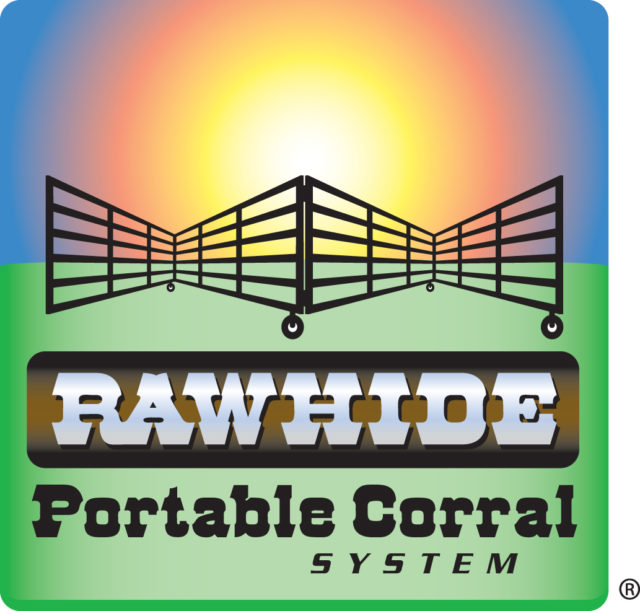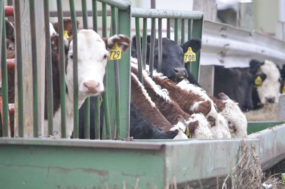But would you buy the pet health insurance? Life insurance? Print an obituary or buy a headstone when he dies?
Those ideas may sound absurd. But more Americans are going to similar lengths to equate animal roles in our lives to those of humans. And that ethical sentiment is becoming more prevalent in politics and public opinion.
What does this mean for you? As residents in the suburbs keep elevating the standards by which care is given to animals, those in livestock and animal production – who have long relied on providing healthy care and nutrition to animals – are increasingly maligned for viewing animals as a resource and a means to business.
Livestock producers and farmers, especially those in beef production, know the inherent connection between man and four-legged creatures. Animal stewardship is a responsibility and a rewarding one at that.
Most producers have learned from their childhood on the ranch, on through years in FFA and 4-H and into their adult years, that the care of animals binds us to nature and the seasonal cycle to life. And yes, that includes animals we care for to eventually consume.
The way we treat livestock has also changed – perhaps driven in part by a motive for profit but also out of a personal recognition of what is wrong and right. Stockmanship, animal welfare, proper treatment with antibiotics, Beef Quality Assurance programs – all of these factors are driving forces of change within the beef industry.
The question, however, is whether those measures are enough. Because as sure as night follows day, the cultural trend that has protested for civil rights for every demographic of society will soon push for similar rights with extreme protections for animals.
In this issue of Progressive Cattleman, some key cattle industry experts offer extensive points on how to improve animal handling. Stories from Texas A&M’s Ron Gill and Colorado State University’s Jason Ahola highlight how ethical treatment of animals isn’t just judicious for animals but our businesses and customers as well.
As legislatures across the country are finding out, it’s easier to provide a solution before oppositional animal rights groups intensify the problem. This is happening with stronger laws – many lobbied by farm and ranching groups – to preserve ag practices that uphold animal welfare.
Today’s progressive cattlemen know that caring for their cattle is the best way to produce good beef. That bond makes a life in ranching profitable in more ways than one. ![]()








